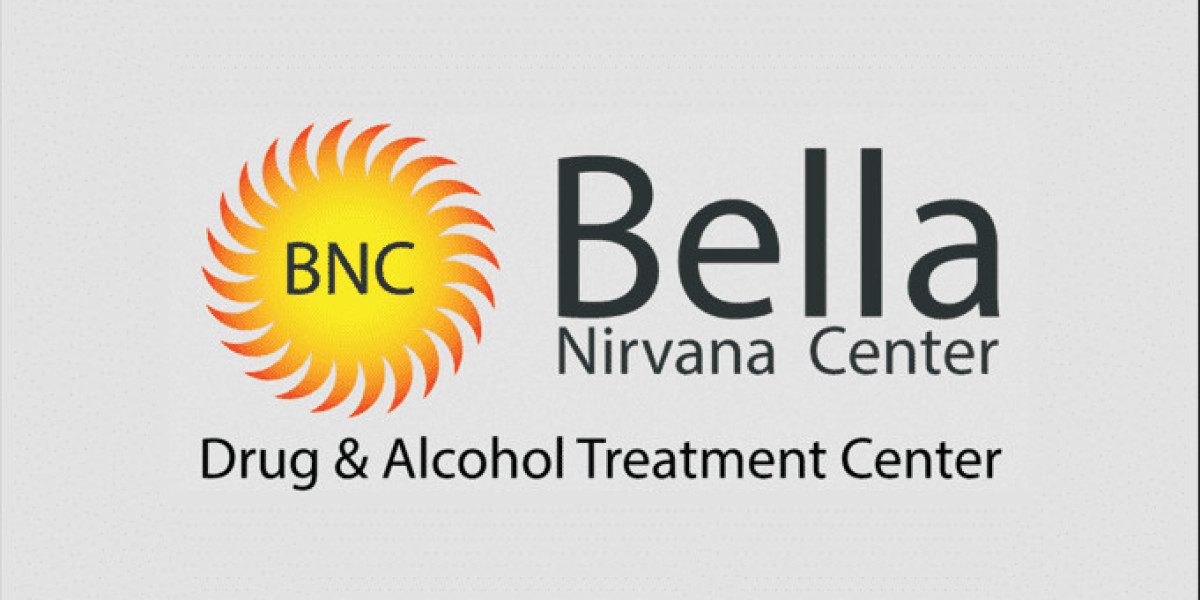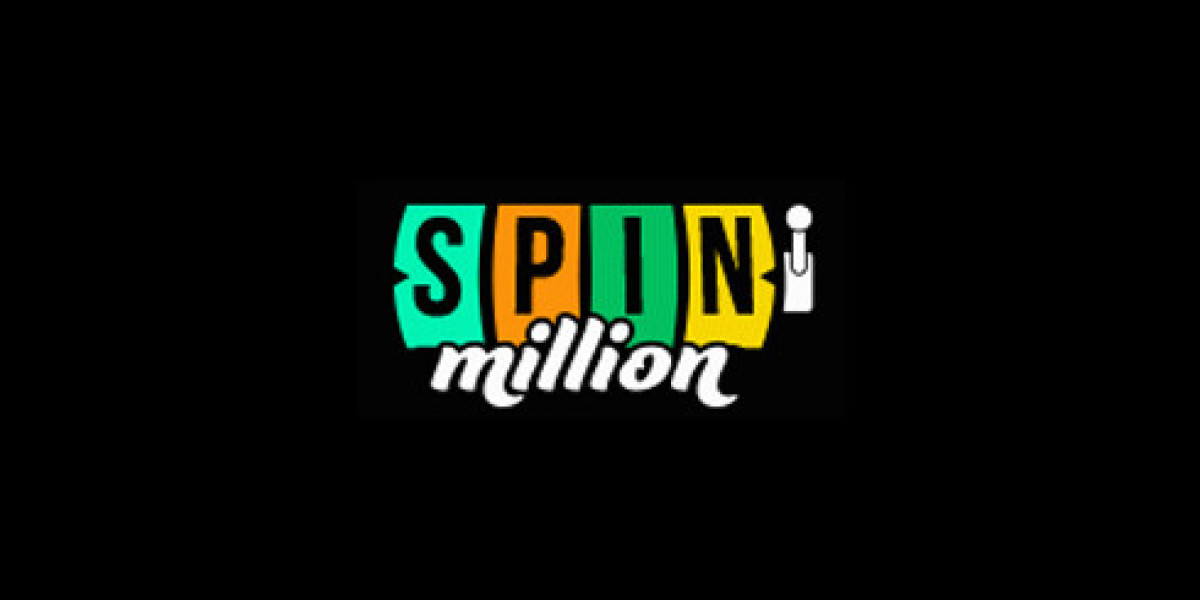When people think of veterans, they often picture courage, discipline, and sacrifice. These are the men and women who’ve stood on the front lines, facing danger so the rest of us could live in safety. But what often goes unseen are the battles they continue to fight after returning home, battles not against enemies overseas, but against addiction, trauma, and isolation.
Let’s talk honestly about this: Veterans Addiction Treatment doesn’t get the attention it deserves.
The Unseen Struggle After Service
Transitioning from military life to civilian life isn’t easy. In service, everything is structured, there’s a mission, a clear sense of purpose, and a brotherhood that feels unbreakable. But once that structure disappears, many veterans find themselves feeling lost. The mission is over, but the mind doesn’t just switch off.
Combat stress, PTSD, physical injuries, and chronic pain often follow veterans home. For some, painkillers prescribed for injuries become a lifeline that turns into dependency. For others, alcohol feels like the only escape from intrusive memories and sleepless nights.
What this really means is that addiction among veterans isn’t a matter of weakness, it’s often a symptom of untreated pain and disconnection.
Why the Numbers Don’t Tell the Whole Story
Statistics show that veterans are more likely than civilians to struggle with substance use disorders, particularly involving alcohol and opioids. According to the U.S. Department of Veterans Affairs, roughly one in ten veterans has a substance use disorder. But that’s just what’s reported.
Many veterans hide their struggles out of shame or fear of being seen as “broken.” In military culture, toughness is valued. Vulnerability isn’t. So instead of reaching out, they withdraw, numbing their emotions through alcohol, prescription drugs, or other substances.
This silence creates a dangerous cycle: untreated trauma leads to addiction, which leads to more isolation, which deepens the trauma.
PTSD and Addiction: A Painful Partnership
To understand veteran addiction recovery, you have to understand PTSD. Post-Traumatic Stress Disorder changes the brain. It heightens alertness, messes with sleep, and makes everyday life feel unsafe.
Now imagine trying to reintegrate into society while carrying that mental load. Going to work, sitting in traffic, hearing a loud noise, any of these can trigger flashbacks or anxiety.
That’s where substances come in. Alcohol and drugs temporarily mute the symptoms. They help veterans feel “normal” for a little while. But it’s a trap. What starts as relief quickly turns into dependence.
Addiction and PTSD often feed off each other, creating what many experts call “dual diagnosis.” Treating one without the other rarely works. True recovery requires addressing both, mental health and substance use, together.
The System Isn’t Built for Healing
Despite growing awareness, the support system for veterans struggling with addiction is still fragmented. The VA offers programs, yes, but many veterans either don’t qualify, don’t know how to access them, or feel uncomfortable seeking help through government channels.
Outside the VA, addiction treatment centers aren’t always equipped to handle the unique experiences veterans bring with them, combat trauma, survivor’s guilt, or moral injury.
And then there’s the stigma. Some veterans worry that seeking help might damage their reputation or make them seem unfit. Others simply don’t believe anyone could understand what they’ve been through.
Here’s the truth: no one should have to fight this battle alone, least of all the people who fought for everyone else.
What Real Support Looks Like
Supporting veterans in addiction recovery goes beyond offering treatment, it’s about rebuilding trust, connection, and purpose.
- Culturally Competent Care:
Veterans need counselors and programs that understand military culture. The language, the mindset, the trauma triggers, they’re all different from civilian life. Treatment has to reflect that. - Integrated Mental Health Support:
Addiction recovery programs should include therapy for PTSD, anxiety, and depression. When mental health and addiction are treated together, recovery rates improve significantly. - Peer Support and Community:
Veterans respond well to community-based programs where they can connect with others who’ve walked the same path. Hearing “I’ve been there” can be more healing than any lecture. - Family Involvement:
Addiction impacts entire families. Spouses, children, and parents often need education and counseling, too. Rebuilding family trust takes time, but it’s a critical part of long-term recovery. - Employment and Purpose:
Many veterans feel directionless after service. Programs that help them find meaningful work or community roles give them a reason to stay sober. Purpose can be a powerful motivator for healing.
The Human Side of Recovery
Behind every statistic is a real person, a soldier who served, a parent who came home, a friend who’s trying to rebuild.
Take, for example, a Marine who returns home after years of service. He’s physically fine but mentally haunted by what he’s seen. He starts drinking to sleep. Then he drinks to get through the day. Soon, alcohol becomes the only thing holding him together.
That’s how it starts. But with the right help, it doesn’t have to end there. Recovery isn’t just about quitting substances. It’s about rediscovering identity, learning to trust again, and finding peace after chaos.
And when a veteran begins to heal, the ripple effect is enormous, families reunite, communities grow stronger, and futures become possible again.
How We Can All Do Better
Addiction recovery for veterans isn’t just a healthcare issue, it’s a collective responsibility.
We can start by breaking the stigma. Talk openly about addiction and mental health, especially in the context of service. When we normalize asking for help, we save lives.
We can also advocate for better funding and more accessible treatment programs that specialize in trauma-informed care. Local communities can partner with veteran organizations to create mentorship networks, sober events, and support systems.
Even small gestures, checking in on a veteran friend, volunteering at local recovery centers, or donating to veteran-focused charities, can make a difference.
A Call for Compassion
At the core of this issue is something simple but often forgotten: compassion. Veterans have already carried more than most people can imagine. The least we can do is make sure they don’t have to carry the weight of addiction alone.
Recovery is possible. Healing is possible. But it takes awareness, understanding, and genuine care from all of us.
Because the truth is, our heroes didn’t stop serving when they came home, they just need a little help finding their way back to themselves.
And for those seeking that path, Bella Nirvana Center stands as a reminder that recovery isn’t the end of a story, it’s the beginning of a new one.







